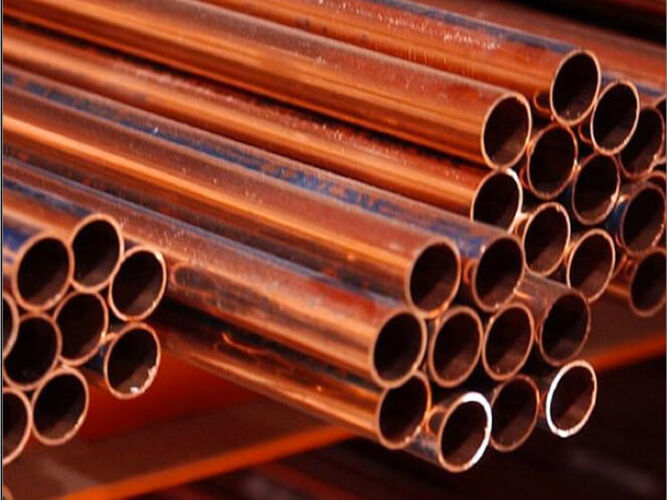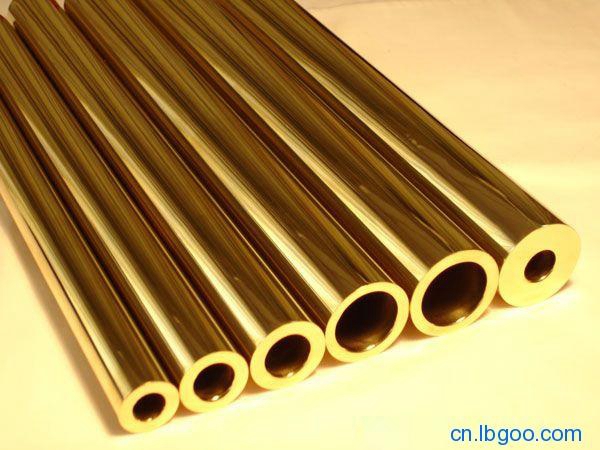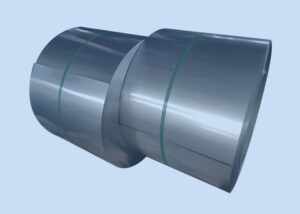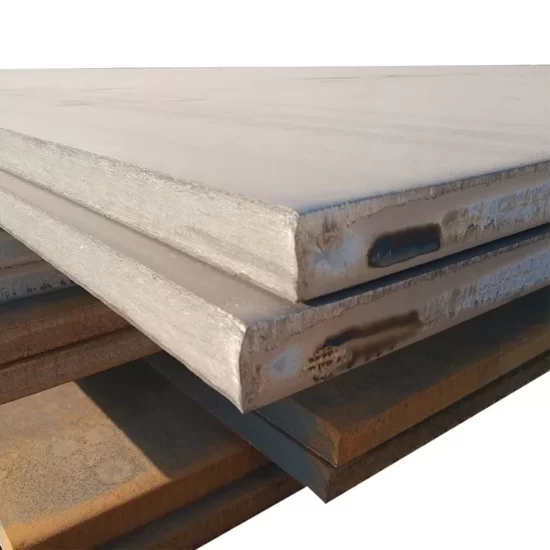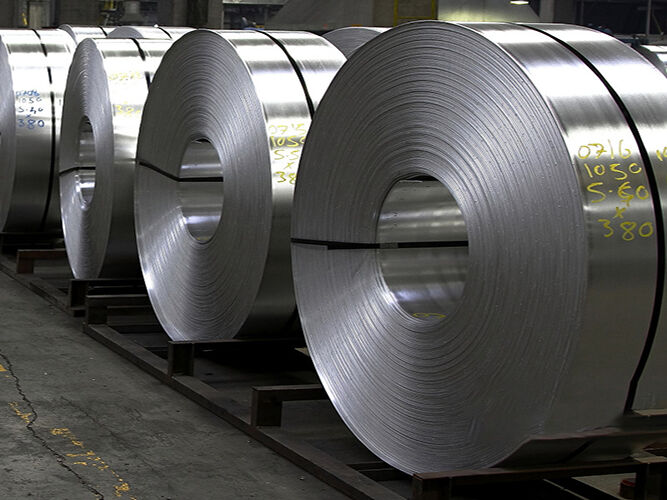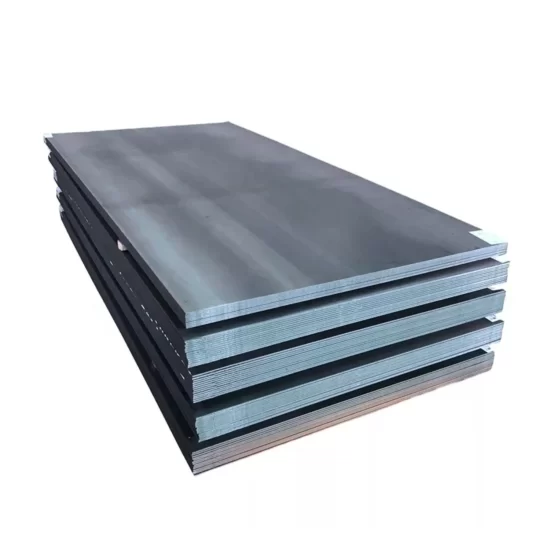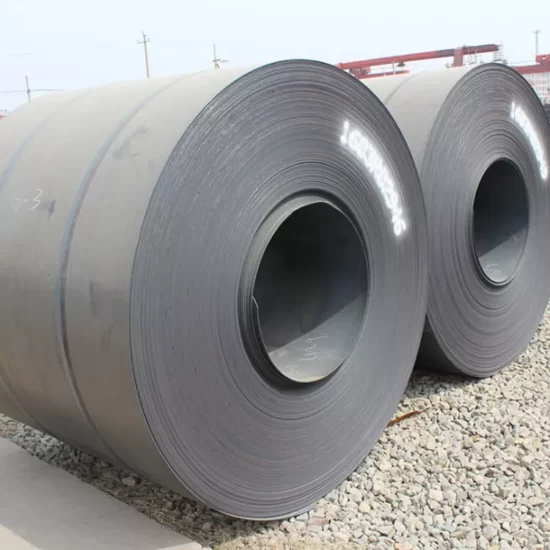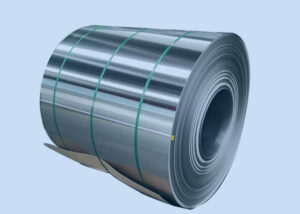A brass tube is a hollow cylindrical structure made primarily from brass, which is an alloy of copper and zinc. Brass tubes offer a combination of properties including corrosion resistance, malleability, good electrical conductivity, and an attractive appearance. They are commonly used in various industries and applications.
Here are some key features and applications of brass tubes:
- Corrosion Resistance: Brass exhibits good resistance to corrosion, making brass tubes suitable for applications where they may be exposed to moisture or aggressive environments. They are commonly used in plumbing systems, heat exchangers, and fluid transportation.
- Malleability and Formability: Brass is a highly malleable and ductile material, allowing brass tubes to be easily shaped, bent, and formed into desired configurations. This property makes them versatile for applications that require custom shapes, such as architectural elements and decorative components.
- Electrical Conductivity: While not as conductive as pure copper, brass still has reasonable electrical conductivity. Brass tubes are used in electrical applications, such as electrical connectors, terminals, and components that require good electrical conductivity.
- Aesthetic Appeal: Brass has a warm, golden color that gives a decorative and luxurious appearance. Brass tubes are commonly used in interior design, furniture, lighting fixtures, and other applications where an attractive appearance is desired.
- Heat Transfer: Brass tubes have good thermal conductivity, making them suitable for heat transfer applications. They are used in heat exchangers, radiators, and air conditioning systems to efficiently transfer heat.
- Machinability: Brass is known for its excellent machinability, allowing brass tubes to be easily cut, drilled, and machined into precise shapes and sizes. This property makes them suitable for manufacturing fittings, connectors, and other components.
Brass tubes find applications in various industries, including plumbing, HVAC, electrical, automotive, architectural, and decorative fields. They are used in plumbing pipes, heat exchangers, musical instruments, jewelry, sculptures, and many other applications.
In summary, brass tubes offer corrosion resistance, malleability, electrical conductivity, and an attractive appearance. Their versatility and desirable properties make them a popular choice for a wide range of industrial, commercial, and artistic applications.
Regenerate response
 QIDAMT
QIDAMT




